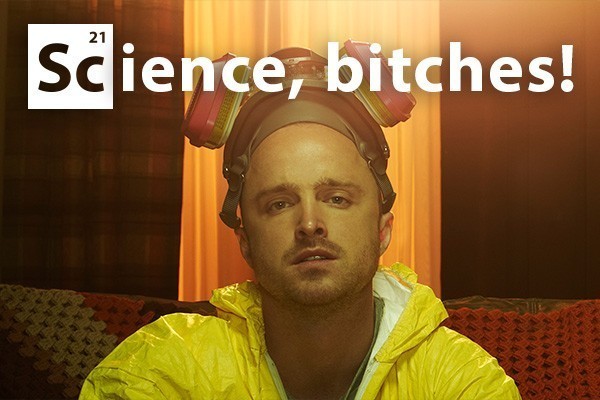Einstein once speculated that if bees were to become extinct, the human race would die out in six years. While Einstein was by no means an expert biologist, he was alluding to the remarkable significance of bees to the world’s ecosystems. Bees are most well known for their ability to produce honey. Honey is produced as bees drink nectar from flowers and process it in their unique “honey stomach”. They then regurgitate the sweet honey inside the hive, where it is either stored for winter or stolen by humans.
But bees do something much more important than produce honey. Something they are completely unaware of: pollination. When bees hunt for nectar, pollen grains (essentially sperm cells from the male plant) rub off flowers and stick to a bee’s hairy body. When the bee visits other plants, pollen grains drop off, fertilising the stigma (female part of the plant). This enables the flower to complete reproduction and produce seeds. This is a fascinating example of co-evolution between plant and bee species, and is far more effective than pollination by random pollen dispersal in the wind.
A third of the food we eat relies on pollination by bees. Large sections of New Zealand’s agribusiness rely on pollination by honeybees. Our kiwifruit industry, which is worth $1 billion, relies almost exclusively on pollination by honeybees. Our economy depends on bees. And bees are now under threat. Between 1996 and 2006, the number of beekeepers in New Zealand decreased by almost half. This exodus of beekeepers out of the industry is testament to the crippling arrival of the Varoa mite in New Zealand. The Varoa mite invades hives and leaches onto bees, quickly decimating the hive. Managing hives with miticides is both expensive and time costly. Bee populations and the process of pollination in New Zealand are in jeopardy.
Feral bees are also becoming rare. The introduction of the Varoa mite and habitat destruction by the development of agribusiness has resulted in feral bees being almost extinct in the North Island and now rare in the South Island. Bees used to be a species that humans managed. Now they are a species that depends on us to stay alive. But there is hope! Research has found genetic variation in a trait that is resistant to mites. Through selective breeding, there is a chance we can produce a bee fully resistant to the Varoa mite, a bee that will no longer rely exclusively on human management.







